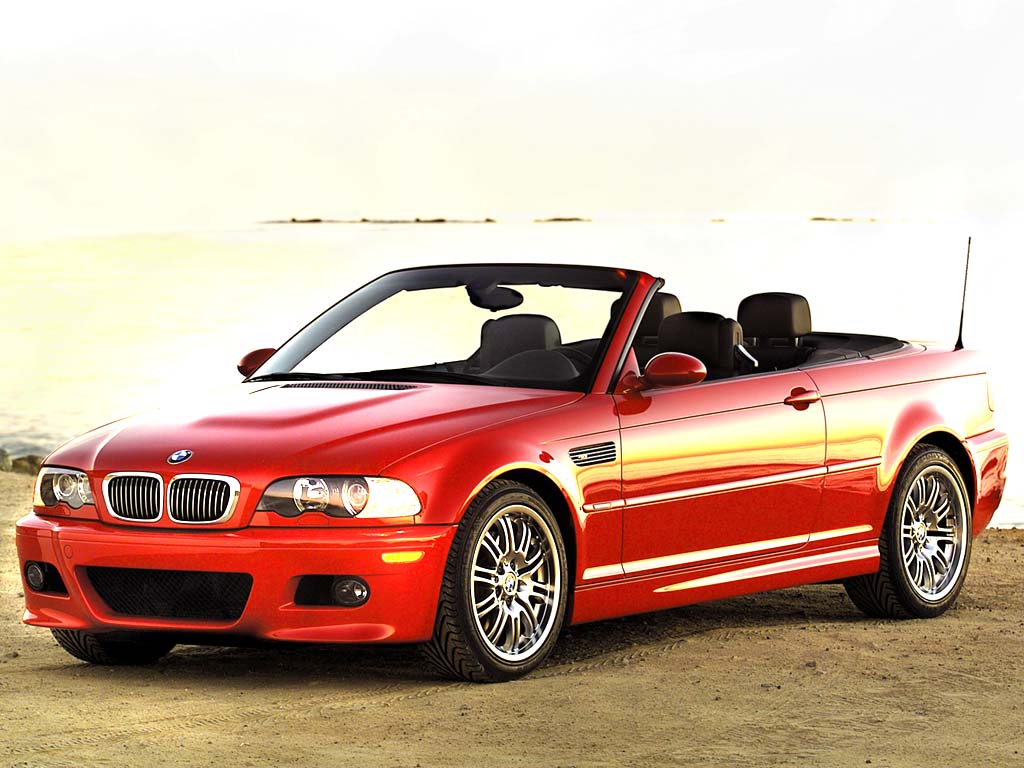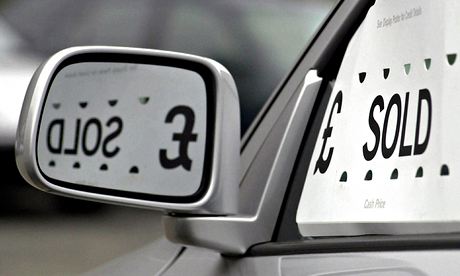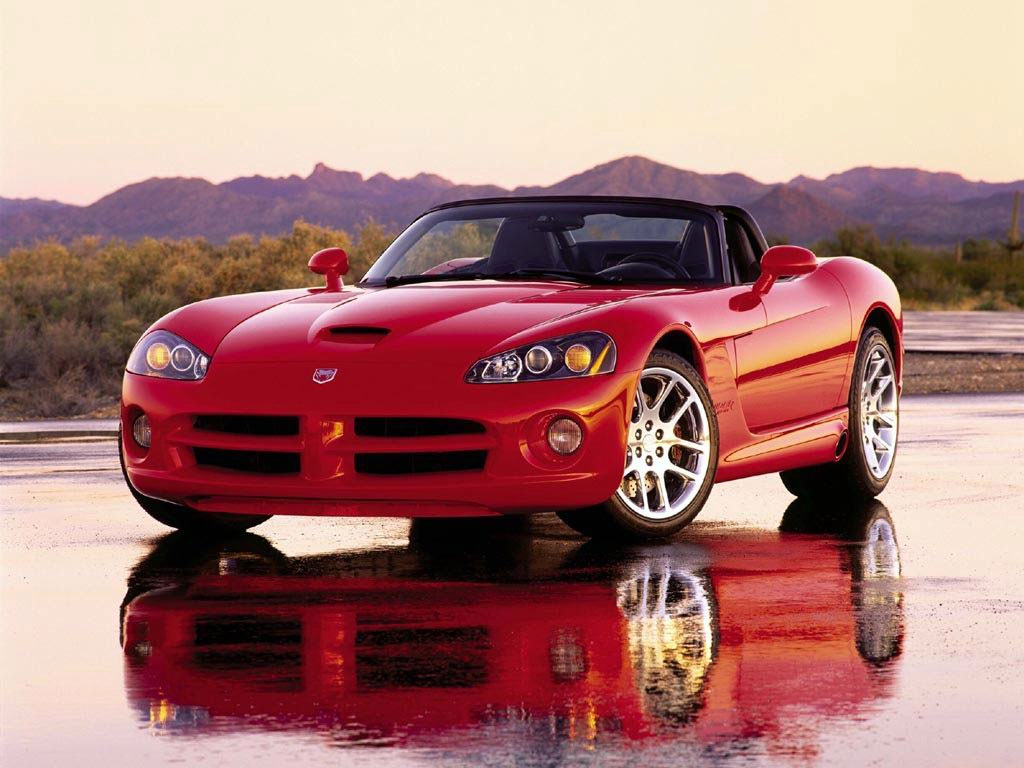Ready for some even more vehicle information? We have an excellent short article today that you ought to really review. Stay up to date with all car related details and auto transport information right here.
PRIMER
Related Links
Related Stories
Related Topics
May 16, 2014 - 1:43 pm ET -- UPDATED: 5/16/14 5:20 pm ET
NEW YORK (Bloomberg) -- The federal judge who once steered the future of a bankrupt General Motors is again in the driver’s seat, setting out rules for a fight over billions of dollars in claims tied to ignition switch defects.
And that fight may last a long time.
U.S. Bankruptcy Judge Robert Gerber in Manhattan, who oversaw GM’s 2009 reorganization, today ordered both sides to file briefs on whether the company broke rules by not treating customers with defective cars as creditors when the automaker sought court protection. Both sides must also present arguments over whether GM hid evidence of the defect from him.
GM recalled 2.59 million vehicles this year over the faulty ignition switch, which it said might cause cars to suddenly stop running. It linked the flaw to 13 deaths in at least 31 crashes.
Lawsuits quickly followed, with many plaintiffs seeking compensation for the lost value of recalled cars. More than 60 cases, including class actions, have been filed so far, with one lawyer seeking as much as $10 billion.
Customers who want a swift resolution are out of luck. Gerber said they must put their lawsuits on hold until at least Sept. 1. Both sides are due back in court July 2.
While GM said it accepted responsibility for all injury and death claims, it turned to Gerber for protection from the economic-loss claims. GM says that under the U.S.-backed bankruptcy, the reorganized automaker was shielded from the liabilities of the predecessor company.
‘Binding’ orders
“As GM’s court filings detail at length, the bankruptcy court’s 2009 orders are binding on the class-action plaintiffs and prohibit most or all of the claims asserted in the pending ignition switch cases,†said Kevin Kelly, a GM spokesman.
Customers seeking compensation must convince the judge they were denied their day in court when he freed GM from most liabilities. To convince him, they also may have to prove the company duped the court five years ago by not disclosing any knowledge of the defect.
“GM knew there was a problem and didn’t tell anyone about it, so nobody could file a claim,†said Sander Esserman of Stutzman, Bromberg, Esserman & Plifka in Dallas. He’s one of three attorneys selected to represent customers before the judge. “Now they’re saying we’re without rights and remedies.â€
Whether Gerber will accept those arguments is the issue, said Carl Tobias, a law professor at the University of Richmond in Virginia. “Those are the best arguments they can make,†Tobias said.
Chevy Cobalts
Car owners argued that GM should pay for the lost value of their recalled Chevrolet Cobalts and Saturn Ions, plus damages, because it failed to tell them about the defect, which predates the bankruptcy. Under bankruptcy law, a company has to keep creditors informed so they can protect their interests in court.
It might not be easy for the car owners to show they were denied those rights back in 2009.
Arthur Steinberg of King & Spalding, a lawyer for GM, told Gerber May 2 he had two questions for them: “Did you have a problem with your car? Did you know about the bankruptcy?â€
If the cars were malfunctioning, their owners could have learned about the bankruptcy from a dealership or by calling GM, and spoken up at publicized court hearings, according to Chip Bowles, a bankruptcy attorney at Bingham Greenebaum Doll who isn’t involved in the case. If the cars weren’t malfunctioning, the owners might not have qualified as creditors at all.
Pre-bankruptcy accidents
In his order, Gerber also said he wants to hear arguments on whether GM can help pre-bankruptcy accident victims while simultaneously seeking to avoid ignition switch claims after the bankruptcy.
In addition to GM, Gerber, 67, has handled many other major bankruptcies during his 14 years on the bench. These include Ames Department Stores Inc., Global Crossing, Lyondell Chemical Co. and Pinnacle Airlines Corp.
In his order today, he said he wants to hear arguments on whether any, or all, of the ignition switch claims should be satisfied by old GM, the remnant of the company left behind in bankruptcy. As recently as 2012, Gerber told some customers to take their warranty claims to the predecessor, rather than the wealthier new company created in the government bailout.
The predecessor firm has little left over following five years of paying creditors by selling assets that the reorganized GM didn’t want. Previous accident victims who pursued claims against the old GM got only about 30 cents on the dollar, Steinberg told Gerber.
Feinberg hired
The automaker has hired lawyer Kenneth Feinberg to explore ways of helping those victims.
GM has said that the U.S. Treasury’s price for saving the company was that it leave behind as many liabilities as possible.

Edward Weisfelner of Brown Rudnick in New York, another of the three lawyers speaking for the customers, said in a filing that old and new GM are one and the same company, and any separation is a fiction.
Bowles recalled failed attempts to argue for so-called successor liability dating back to Federated Department Stores in the 1980s. In that case, the judge told a man who slipped and fell in a store that he couldn’t sue the new retailer that bought some stores in the bankruptcy, he said.
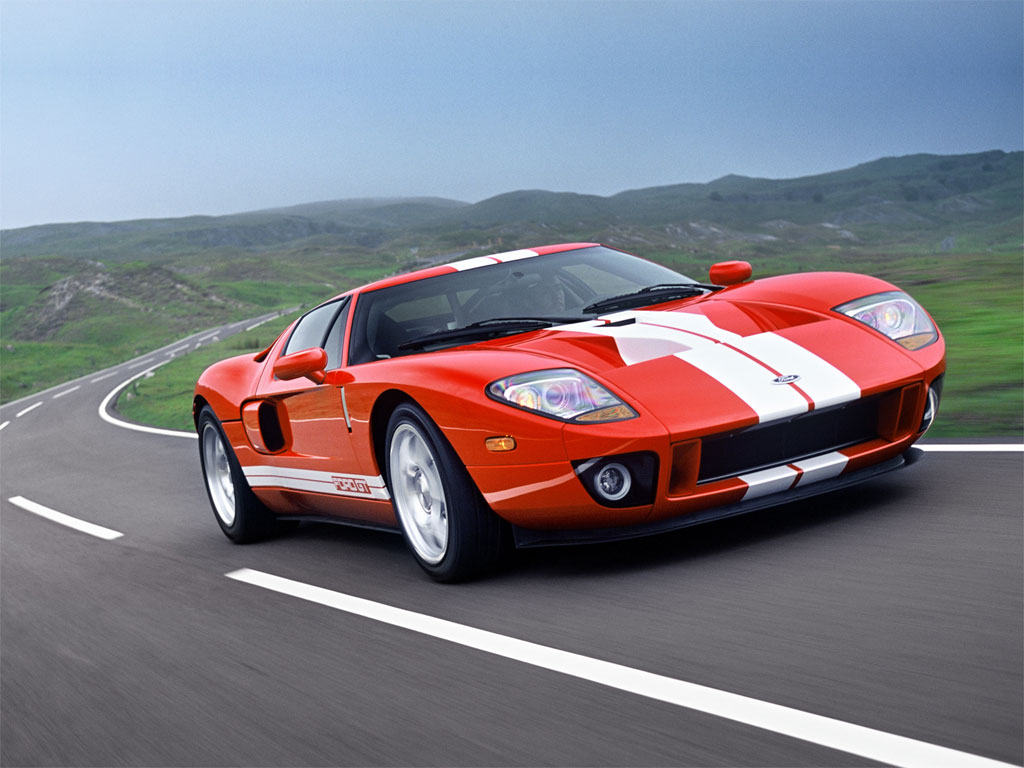
To maintain confidence in the process, bankruptcy judges don’t often tamper with rulings in GM-style reorganizations. Lehman Brothers Holdings Inc. asked a judge in 2010 to reverse what it called “unauthorized†transfers of assets to its brokerage’s rescuer, Barclays Plc. The judge declined.
“Bankruptcy judges generally like finality,†said Esserman, one of the customer lawyers.
Contact Automotive News
http://www.autonews.com/article/20140516/OEM11/140519903/judge-sets-out-rules-for-multibillion-dollar-fight-over-gm-ignition
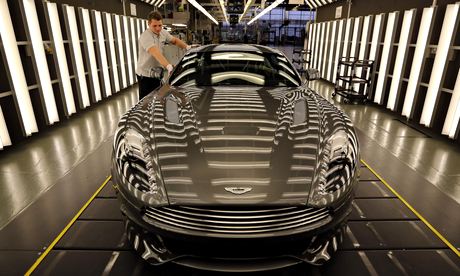


 Tesla CEO Elon Musk, also the CEO of Space Exploration Technologies Corp., left, sits with guests inside the Manned Dragon V2 Space Taxi in Hawthorne, Calif. The Dragon V2 is capable of sending cargo and up to seven crew members to the International Space Station.
Tesla CEO Elon Musk, also the CEO of Space Exploration Technologies Corp., left, sits with guests inside the Manned Dragon V2 Space Taxi in Hawthorne, Calif. The Dragon V2 is capable of sending cargo and up to seven crew members to the International Space Station.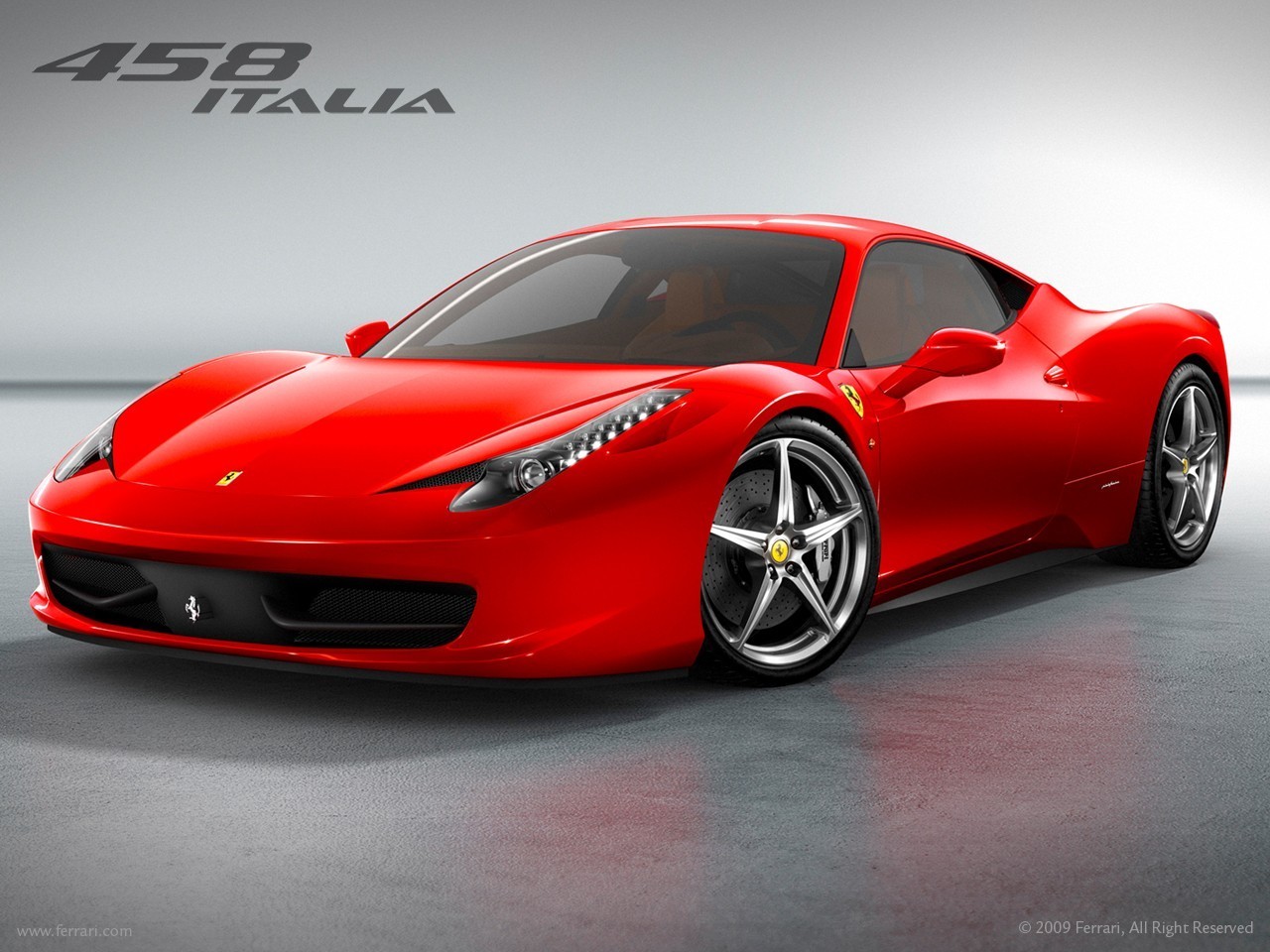






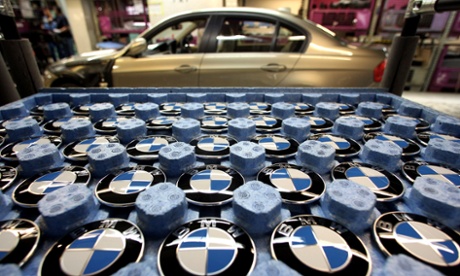 The BMW factory in Munich, Germany. Photograph: Miguel Villagran/Getty Images
The BMW factory in Munich, Germany. Photograph: Miguel Villagran/Getty Images
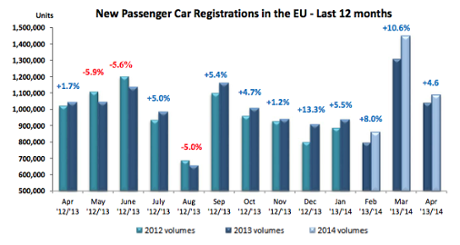 Photograph: ACEA
Photograph: ACEA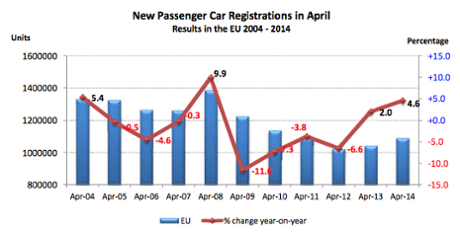 Photograph: ACEA
Photograph: ACEA